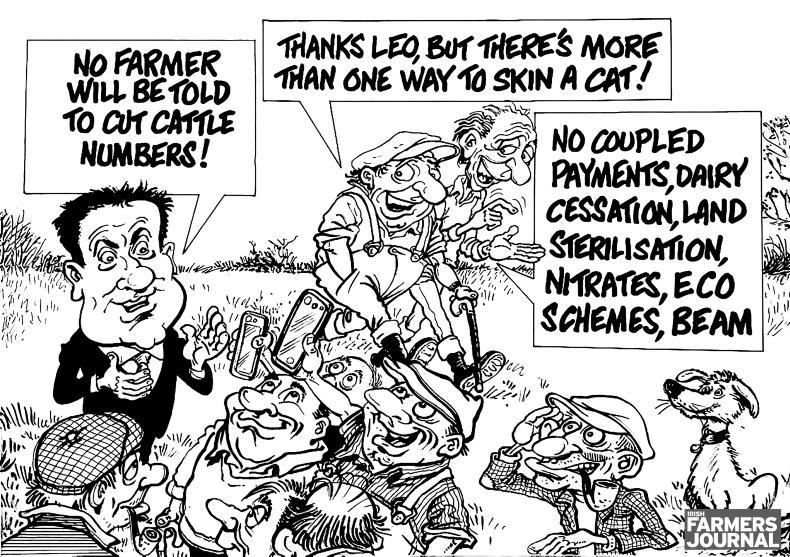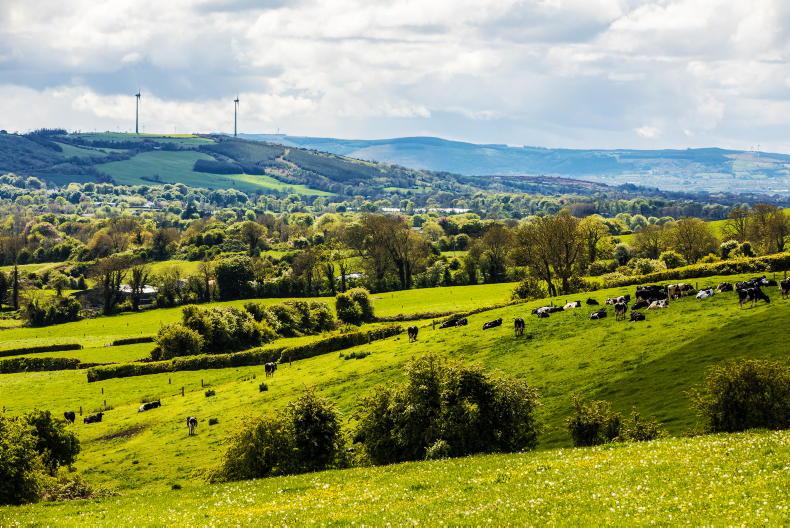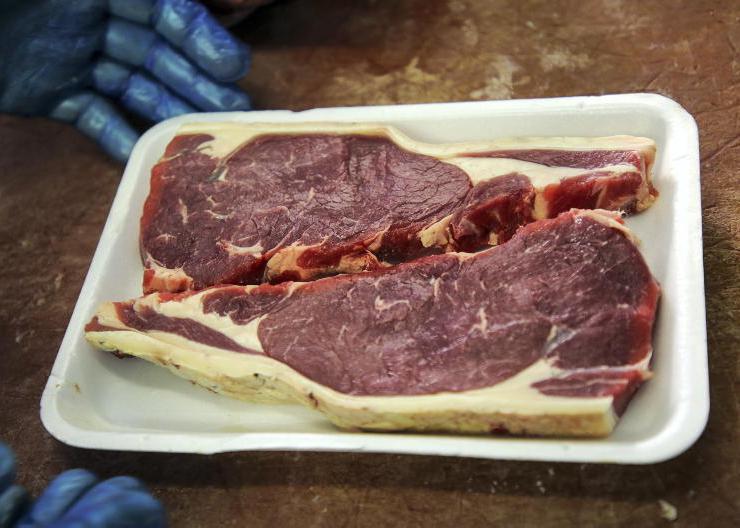Comments this week by An Tánaiste Leo Varadkar that no farmer will be told by Government to reduce their cattle numbers are to be welcomed. But it should provide little comfort to farmers as negotiations get under way on finalising 2030 emission reduction targets for the sector – currently set within a range of 22-30%.
As identified within a KPMG report, commissioned by the Irish Farmers Journal, the limitations of existing emission reduction technologies would mean that a herd reduction of between 5-22% would be required to achieve an emission reduction within this range. While the Tánaiste and indeed other senior members of Government have dismissed the figures contained within the report, they have yet to come forward with alternative modelling.
Ultimately, the commitment of Government to protecting the livelihood of farmers when developing a pathway to reduce greenhouse gas emissions should be measured against their policies and not their words.

The Tánaiste is well aware that there are other ways to reduce cow numbers beyond telling farmers to do so. Negative subsidies, stricter nitrate regulations and restricting the use of chemical nitrogen are just some of the policy measures that will indirectly force the same outcome. Within the CAP plan, we see evidence of negative subsidies while a key recommendation within the Food Vision dairy group is understood to be a cut in chemical nitrogen.
If the Government is committed to protecting the economic viability of farming while reducing emissions, a commitment such as the following would provide much more reassurance to farmers than comforting words that really don’t mean much:
Give the sector adequate support and time to rollout the available emission reduction technologies.Recognise the widely held scientific view that focusing on carbon dioxide equivalents when calculating the impact of agriculture on global warming is flawed.Put forward a detailed financial framework as to how EU Just Transition funding will be accessed and deployed on to farms. Booming prices but not profits
Strong market conditions for grain, lamb, beef and dairy are welcome in the face of soaring input costs. But booming prices must not be confused with booming profits. All farmers are seeing a huge increase in the level of risk within their businesses and – with the exceptions of dairying and tillage – many will actually see profit margins severely eroded.
Within this is a cohort of dairy farmers who are feeling severe financial strain due to the construct of fixed milk price contracts. They must not simply be ignored.
On review, it is clear that these contracts were weighted towards providing almost total protection to the milk processors from severe market shocks with no protection offered to farmers.
There is little evidence of the co-op ethos in how these contracts were constructed and clearly there was little oversight from co-op boards and farm organisations to ensure they were balanced and that their members were protected.
It is too convenient to simply lay all blame at the doorstep of the farmer who signed the contract and today is receiving almost 20c/l behind market prices for their milk.
Co-op boards and farm organisations should be coming forward with solutions.
Comments this week by An Tánaiste Leo Varadkar that no farmer will be told by Government to reduce their cattle numbers are to be welcomed. But it should provide little comfort to farmers as negotiations get under way on finalising 2030 emission reduction targets for the sector – currently set within a range of 22-30%.
As identified within a KPMG report, commissioned by the Irish Farmers Journal, the limitations of existing emission reduction technologies would mean that a herd reduction of between 5-22% would be required to achieve an emission reduction within this range. While the Tánaiste and indeed other senior members of Government have dismissed the figures contained within the report, they have yet to come forward with alternative modelling.
Ultimately, the commitment of Government to protecting the livelihood of farmers when developing a pathway to reduce greenhouse gas emissions should be measured against their policies and not their words.

The Tánaiste is well aware that there are other ways to reduce cow numbers beyond telling farmers to do so. Negative subsidies, stricter nitrate regulations and restricting the use of chemical nitrogen are just some of the policy measures that will indirectly force the same outcome. Within the CAP plan, we see evidence of negative subsidies while a key recommendation within the Food Vision dairy group is understood to be a cut in chemical nitrogen.
If the Government is committed to protecting the economic viability of farming while reducing emissions, a commitment such as the following would provide much more reassurance to farmers than comforting words that really don’t mean much:
Give the sector adequate support and time to rollout the available emission reduction technologies.Recognise the widely held scientific view that focusing on carbon dioxide equivalents when calculating the impact of agriculture on global warming is flawed.Put forward a detailed financial framework as to how EU Just Transition funding will be accessed and deployed on to farms. Booming prices but not profits
Strong market conditions for grain, lamb, beef and dairy are welcome in the face of soaring input costs. But booming prices must not be confused with booming profits. All farmers are seeing a huge increase in the level of risk within their businesses and – with the exceptions of dairying and tillage – many will actually see profit margins severely eroded.
Within this is a cohort of dairy farmers who are feeling severe financial strain due to the construct of fixed milk price contracts. They must not simply be ignored.
On review, it is clear that these contracts were weighted towards providing almost total protection to the milk processors from severe market shocks with no protection offered to farmers.
There is little evidence of the co-op ethos in how these contracts were constructed and clearly there was little oversight from co-op boards and farm organisations to ensure they were balanced and that their members were protected.
It is too convenient to simply lay all blame at the doorstep of the farmer who signed the contract and today is receiving almost 20c/l behind market prices for their milk.
Co-op boards and farm organisations should be coming forward with solutions.










SHARING OPTIONS